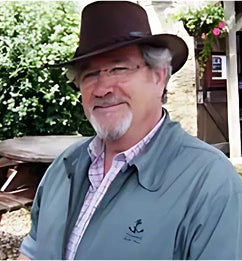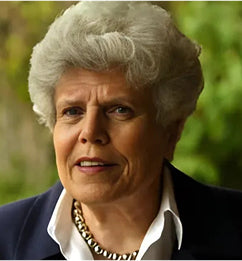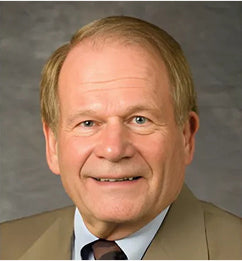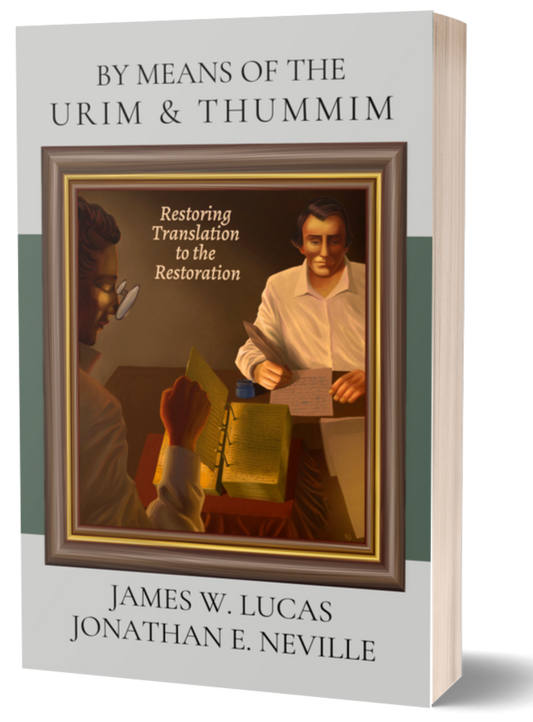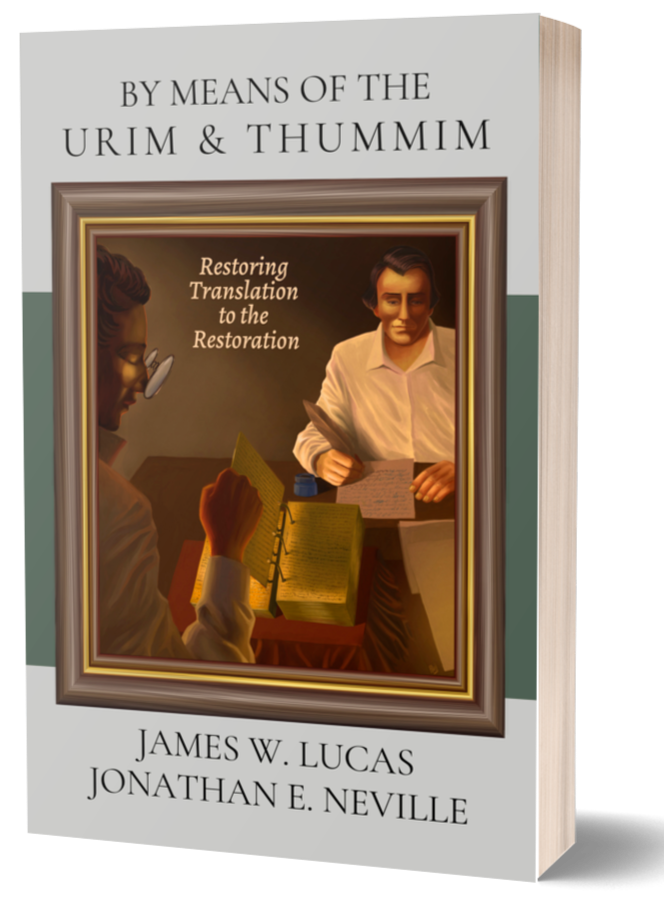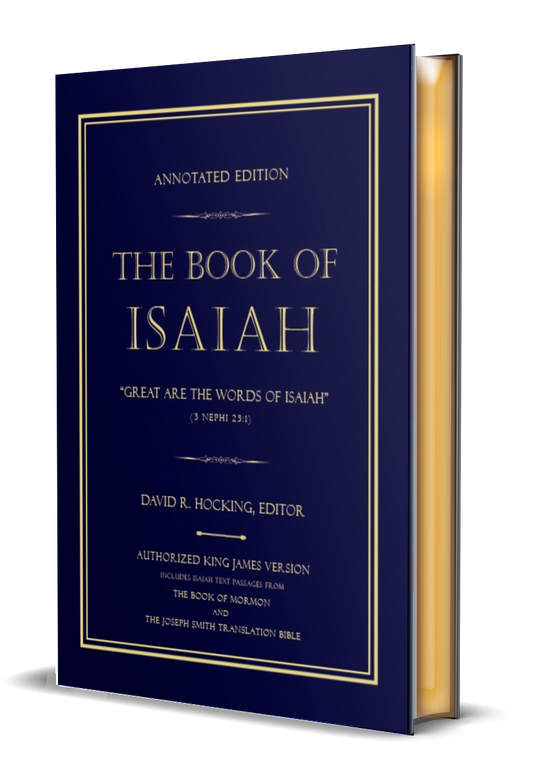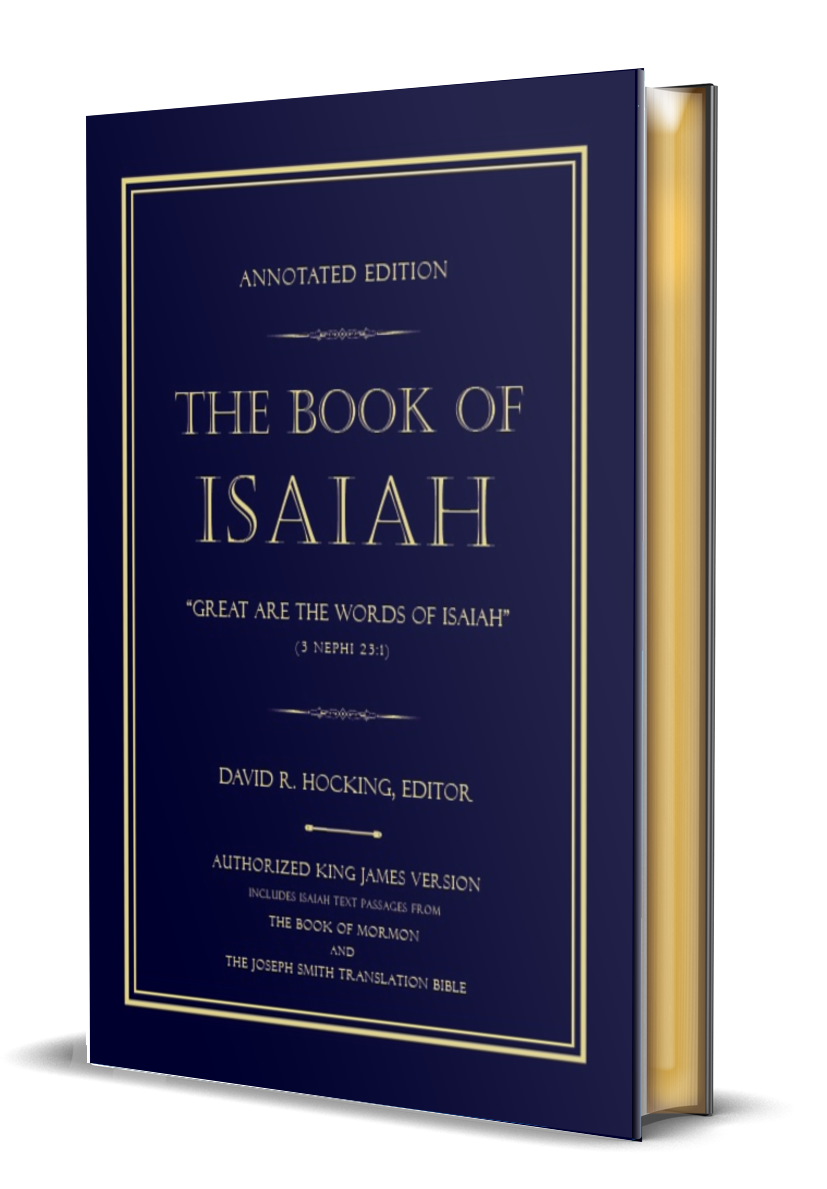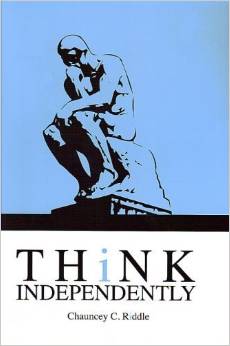Think Independently
Couldn't load pickup availability
Share
About the book
6x9 Softcover book 169 pages; $16.95
Philosophy and philosophizing in our modern times resolve down to asking and answering fundamental questions which cannot be resolved by scientific or mathematical means. The fundamental questions are:
1. How do we humans know? This question gives rise to the philosophical area of epistemology, the study of knowing. We will treat first personal knowledge, that which we know for ourselves by ourselves. Then we will treat social knowledge, the areas of science and history, wherein the social acceptance of ideas by a peer group is important to though not always necessary to acceptance of the ideas as legitimate science or history.
2. What are the nature and limits of science? Examination of science itself is not something which can be accomplished by a science; thus it falls to philosophy to examine science. We will pursue an understanding of science as it occurs in our times as part of this inquiry into philosophizing.
3. What are the nature and limits of history? Neither science, nor history itself, can answer these questions, and again it falls to philosophy to examine them. We will pursue these questions in this work as part of understanding philosophizing.
4. What is real? This question gives rise to the philosophical area of metaphysics, the study of existence questions which cannot be resolved by scientific means. The answers to metaphysical questions are often part of the fundamentals of a given science. Every person?s thinking is based within a metaphysical framework.
5. What should each person do to be good and wise? This question gives rise to the philosophical area of ethics. Ethics is to be distinguished from morals. Ethics is the discussion of the theory of moral standards. Morality is the observance or non-observance of a particular moral standard.
6. What is the basic framework of our thinking? This question gives rise to the analysis of worldviews. Each worldview is the combination of conclusions about epistemology, metaphysics and ethics. There are probably as many worldviews in this world as there are individual human beings. The study of worldviews does not constitute a recognized separate division of philosophy in the modern world, but the topic is often considered as part of philosophizing and will be treated separately in this work.
.Case-Lot Special
Case-lot quantities are 6+. When you add quantity 6 or more to your cart the "case lot" discount automatically kicks in.This applies to any combination of theAnnotated Scripture Seriesproducts. So you could add one (1) of each up to 6 and get the same case-lot special.]
About the author
Our authors challenge conventional wisdom and go beyond the surface to deliver inspiring, faith-affirming, and ultimately transformative content.
Shipping
All orders are processed within 3 to 5 business days (excluding weekends and holidays) after receiving your order confirmation email. You will receive another notification when your order has shipped.
Domestic Shipping Rates and Estimates
Shipping charges for your order will be calculated and displayed at checkout.
International Shipping
We offer international shipping to countries where allowed. Shipping
charges for your order will be calculated and displayed at checkout.
Returns
We accept returns up to 30 days after delivery if the item is unused and in its original condition. Please review our refund policy for more information.
In the event that your order arrives damaged in any way, please email us as soon as possible at info@digitalegend.com with your order number and a photo of the item’s condition. We address these on a case-by-case basis but will try our best to work towards a satisfactory solution.
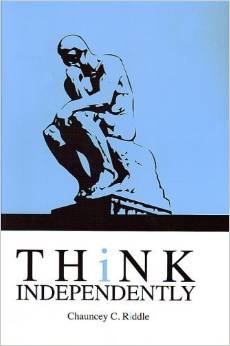
 Free shipping on orders over $99
Free shipping on orders over $99
 Up to 30% off on select titles
Up to 30% off on select titles
FAQ
How can I stay updated on new releases and special offers?
Join our newsletter to receive 15% off your next order and stay informed about exclusive offerings, new releases, author presentations, and more. Sign up Here.
How can I submit my manuscript for consideration?
We’re always on the lookout for compelling manuscripts and welcome both new and experienced authors. Find out how to get published Here.
Does Digital Legend offer self-publishing services?
No, Digital Legend is not a self-publishing company, but we would be happy to discuss your manuscript and help you explore options. Learn more about our publishing services Here.
How can I contact Digital Legend for inquiries or support?
If you have any questions or comments for us, fill out our Contact form or give us a call at +1 (801) 810-7718.








